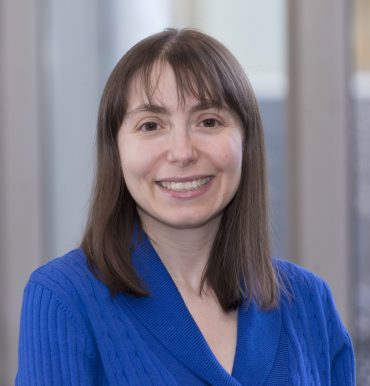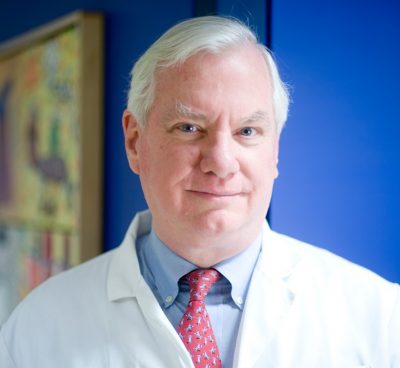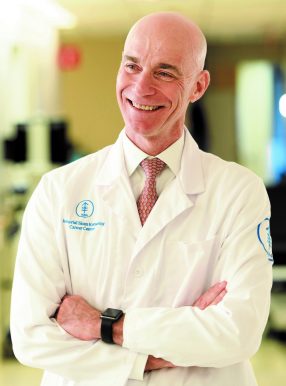
Diana Mandelker, MD, PhD. Photo by Ethan Kavet.
The National Cancer Institute Cancer Currents Blog recently featured the work of MSK’s Dr. Diana Mandelker and her colleagues. A study published in Cancer Discovery reviewed data from more than 35,000 patients and identified 36 patients with mosaic mutations, alterations in cancer susceptibility genes (CSG) that occurred early in the patients’ embryonic development.
Researchers had believed these mutations were rare, instead thinking most cancer-causing genetic variations were due to heredity. This study found that they likely occur, at minimum, in 1 out of every 1,000 patients. Awareness of these mutations can help determine which screening, therapy, and reproductive counseling decisions are right for patients.

